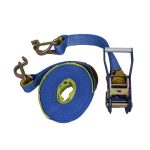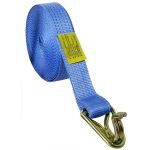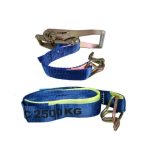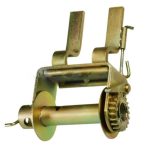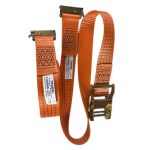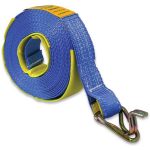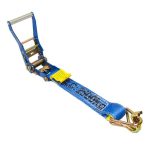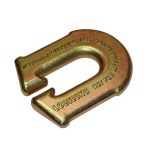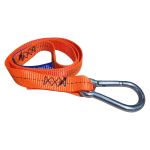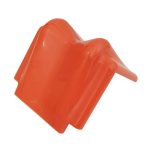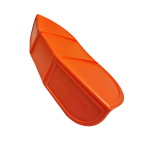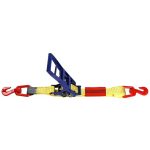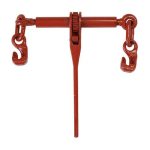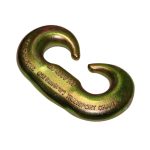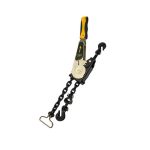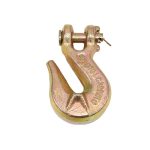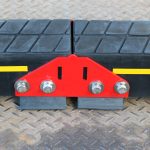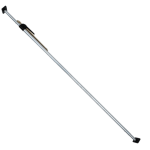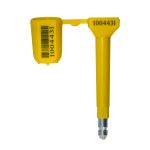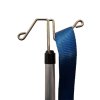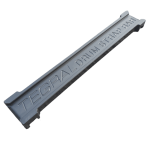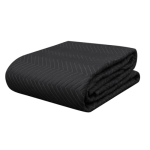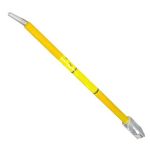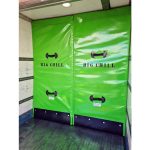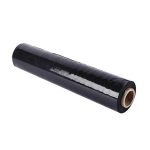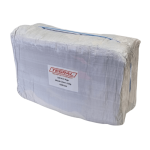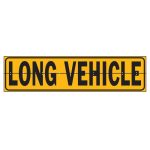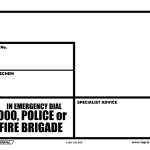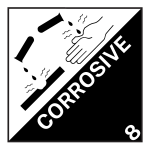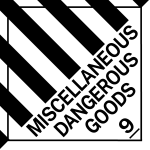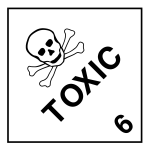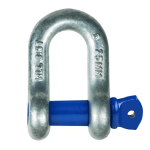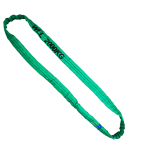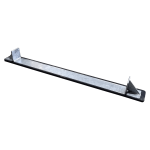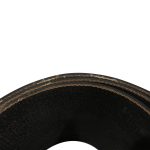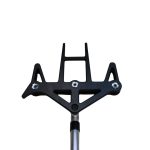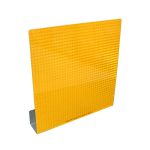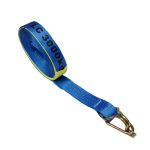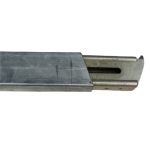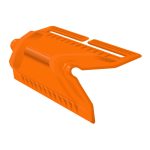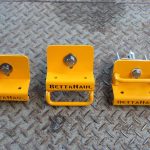According to Australia’s Heavy Vehicle National Law (HVNL), you need to keep a truck driver’s logbook. The main goal of the law is to lower the likelihood of accidents by ensuring that those operating heavy vehicles that are subject to fatigued regulations get enough rest. Penalties could be imposed for failing to follow the rules. If you are a truck owner, you must make sure that your drivers are keeping their logbooks up to date.
To answer the question, “When do I need a truck logbook? the details outlined in this blog ought to be useful.
The National Driver Work Diary (also known as a “logbook”) is evidence that a driver’s work and rest hours are compliant with the Heavy Vehicle National Law (HVNL) and that their fatigue is being managed. Drivers are not allowed to drive or work more than the maximum work hours or rest less than the minimum rest hours in a certain period set out by law.
It’s important to complete your diary correctly and in accordance with the Heavy Vehicle National Law (HVNL) and ensure you are counting time correctly.
Drivers of fatigue-regulated heavy vehicles must carry and complete a work diary to record their work and rest times if they:
- operate under standard hours and work more than 100km from their base or
- operate under basic fatigue management (BFM) or
- operate under advanced fatigue management (AFM)
However, not all truck drivers need to use a logbook:
- You need to use a truck log book only if the vehicle you drive falls under the fatigue-regulated heavy vehicle category.
- As long as you are driving 100km from your home base, you do not need to keep records in the log book. If your destination is over 100km, however, it is mandatory to carry your logbook with you.
Responsibility for managing driver fatigue is shared by parties who have control over the transport task. Each of the following is a party in the chain of responsibility for a fatigue regulated heavy vehicle:
- an employer of the vehicle’s driver
- a prime contractor for the vehicle’s driver
- an operator of the vehicle
- a scheduler for the vehicle
- a consignor of any goods transported by the vehicle
- a consignee of any goods transported by the vehicle
- a loading manager for any goods transported by the vehicle
- a loader of any goods transported by the vehicle
- an unloader of any goods transported by the vehicle
A person may be a party in the chain of responsibility for a fatigue regulated heavy vehicle in more than one way (for example, an operator who is also a consignor of goods for the vehicle).
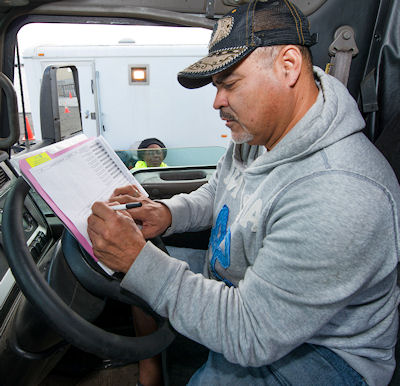
Penalties may apply if you don’t follow certain rules, such as neglecting to carry your truck logbook or keep it up to date. These consist of:
- An infraction fine of $630.00 and a maximum court fine of $630.00 are also possible consequences for failing to retain records of the previous 28 workdays.
- The same penalties would apply if you failed to retain backup records in the event that your logbook was lost or stolen.
- You risk incurring a maximum court-imposed fine of $1,580.00 or a $158.00 infraction penalty if you fail to record odometer readings correctly or promptly.
In case you do fail to comply with the regulations and have the option to pay the infringement penalty and avoid going to court, that would certainly be the wiser choice. As you can see above, the infringement penalties are only 10% of the maximum court-imposed penalties. Paying up sooner rather than dragging the case to the court would save you a lot of time and money.
If you are in violation of the rules and have the chance to settle out of court by paying the infringement fine, doing so would be the smarter course of action. The infraction fines, as you can see above, only account for 10% of the maximum penalty the court may impose. You would save a lot of time and money if you settled the dispute sooner rather than dragging it out in court.
Disclaimer: It is important to note that the information in this document is authentic to the best of our knowledge, and as such, it is prone to errors and the absence of some key information. We can edit or change this appropriately to give the reader of this document updated industry-related information. Further, this information is for entertainment and informative purposes not to be perceived as professional advice with regards to health, finances, or any other field.
.




